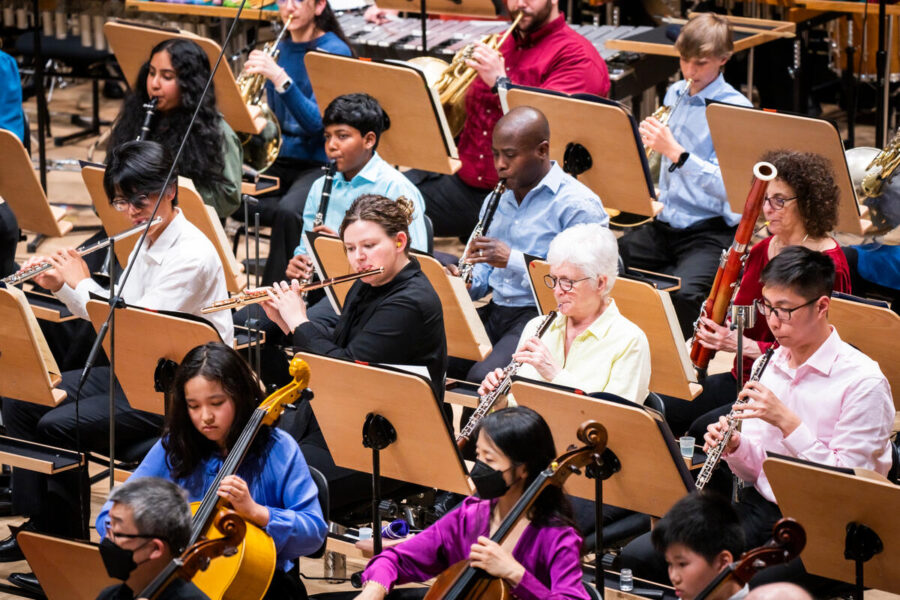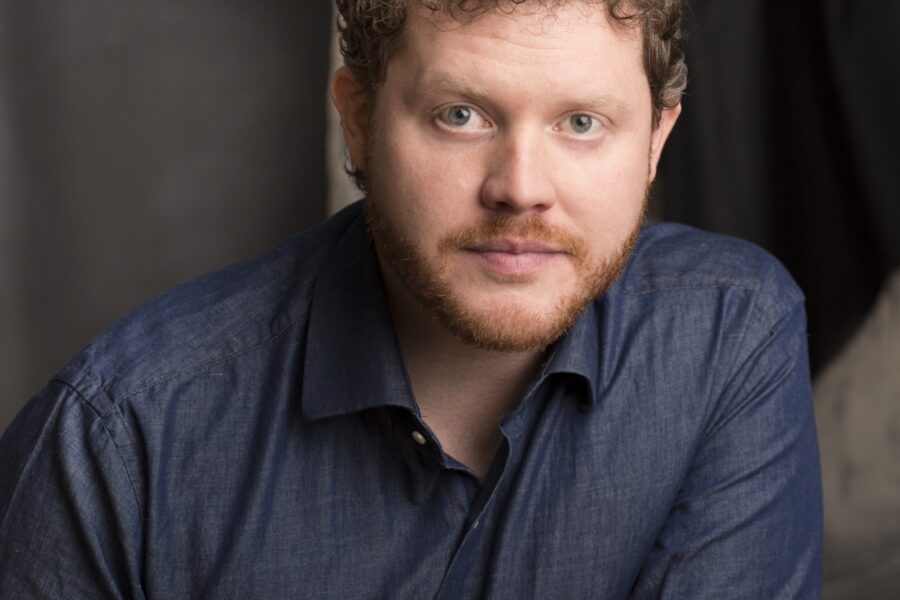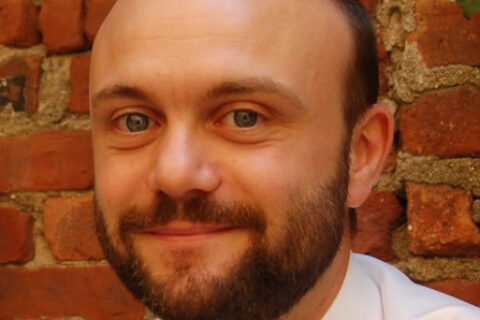
Written by Tim Hansen
The Jerome Foundation’s Jerome Fund for New Music – the JFund – has been instrumental in launching the careers of emerging composers for thirty years, and no wonder: it’s no trivial amount of money. Composers are eligible for up to $7,000 worth of funding, with an additional $1,500 to cover associated costs, which by any struggling artist’s standards would be an immense professional boost. So how did New York-based Ruben Naeff feel when he learned he’d been awarded a JFund grant last year?
“Very happy!”
Naeff’s succinct answer is reflective of the Dutch-born composer’s simple, definite aesthetic goal: to write beautiful music for the present day. While other composers may describe their music in lofty academic jargon or compose based upon esoteric music theories, Naeff prefers to keep his music accessible to wider audiences who are occupied with everyday concerns, a choice made during his early days as a composition student in the Netherlands.
“A lot of the music that I heard puzzled me,” he says. “I felt that the composers were making many thoughtful statements, but I had no idea what they were talking about. I did not recognize my daily life in it, nor any big theme that nowadays occupies our minds.”
Naeff has run with this idea admirably, having composed pieces on popular preoccupation with concepts ranging from the Mayan “prediction” of the imminent apocalypse due later this year, to an opera concerning our lives on Facebook. But the piece he composed with the support of the JFund is based on something much more domestic: walking and thinking.
Or, more accurately, wandering and wondering, from which the title of the piece, Wander & Wonder, comes. “It refers to something I usually only do during vacation: wandering around in a neighborhood and start wondering about all things in life,” explains Naeff. However like most things in life, the superficial simplicity of the piece belies a larger complexity.
“Wander & Wonder is the centerpiece of a trilogy I wrote in the same period. It started with Headspring that I wrote for the Cadillac Moon Ensemble, which is about the origin of an idea, and Bash that I wrote for the NYU Contemporary Music Ensemble, which is all about clashing ideas. So the trilogy tells about the birth, wandering and clashing of a single idea. Therefore, the trilogy has a sort of philosophical subject, while the centerpiece is about [something as mundane] as wandering on holidays.”
Naeff’s refreshingly unpretentious attitude towards music is, perhaps, augmented when one considers that the ensemble he composed Wander & Wonder for is the rising star duo “Vigil,” comprising percussionist Bill Solomon and flautist Kelli Kathman – the latter of whom happens to be married to Naeff. One might think that being married to your collaborator would be significantly different from collaborating with a stranger, but for Naeff at least, the only big difference was “how to thank the ensemble after the premiere on stage: hugging as normal, or a kiss on the mouth?”
Naeff’s partner Kathman however, sees things differently. “It makes for a pretty amazing collaboration when you have that level of trust and familiarity with a composer. I never have to worry about how my suggestions come across, never have to worry about overstepping my boundaries because I know exactly where those boundaries lie.”
Another benefit to being married to your collaborator might be a strong understanding of where the piece is coming from, which can be of great benefit to a performer trying to get inside a never-before-played piece of music. “Ruben’s music really sounds so much like his personality – fun, playful, and incredibly clever,” Kathman enthuses, “and because his music reflects his personality so well, I feel I understand what he’s trying to convey so much better than when I’m learning a piece by a composer I don’t know so well.”
Almost a year after successfully applying for a JFund grant, Naeff says Wander & Wonder has been played a number of times in both New York and Connecticut, and has also been recorded in a studio by Vigil, which he agrees has been a definite boost to his emerging career. “It’s too early to fully see the full impact of the grant,” says Naeff, “but I can already see a few positive things. The JFund is a great sign of recognition for young composers; that could even turn out to be the most valuable thing. I don’t know, time will tell.”
Related Posts


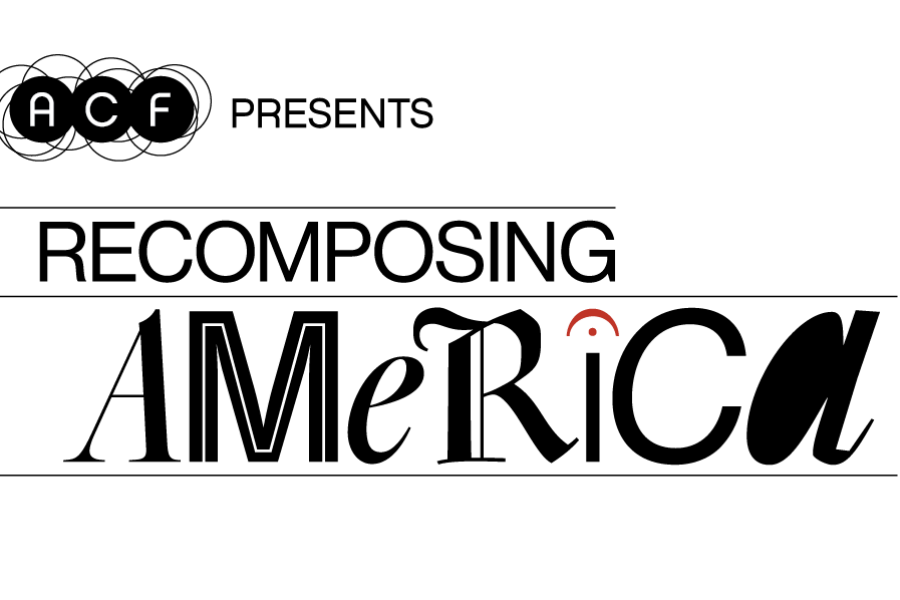
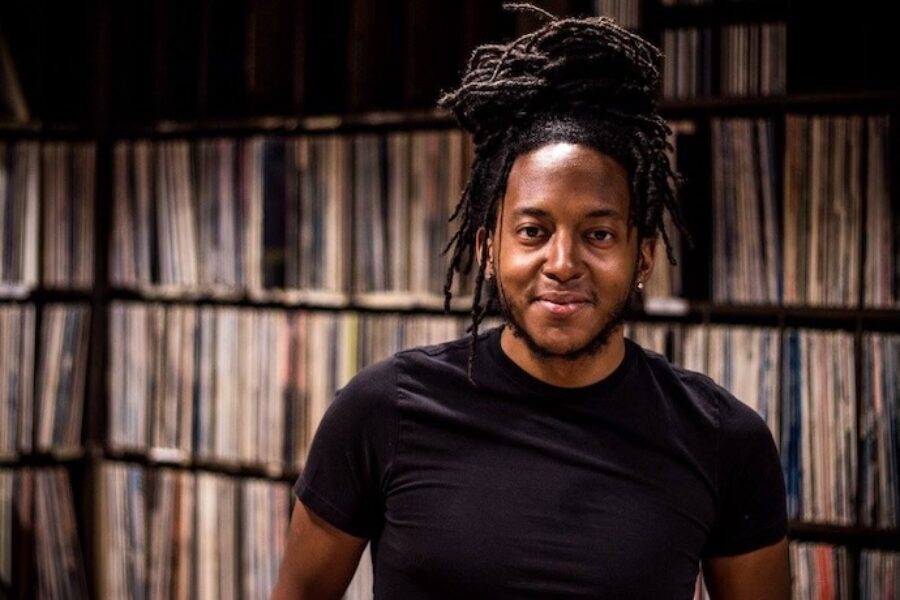


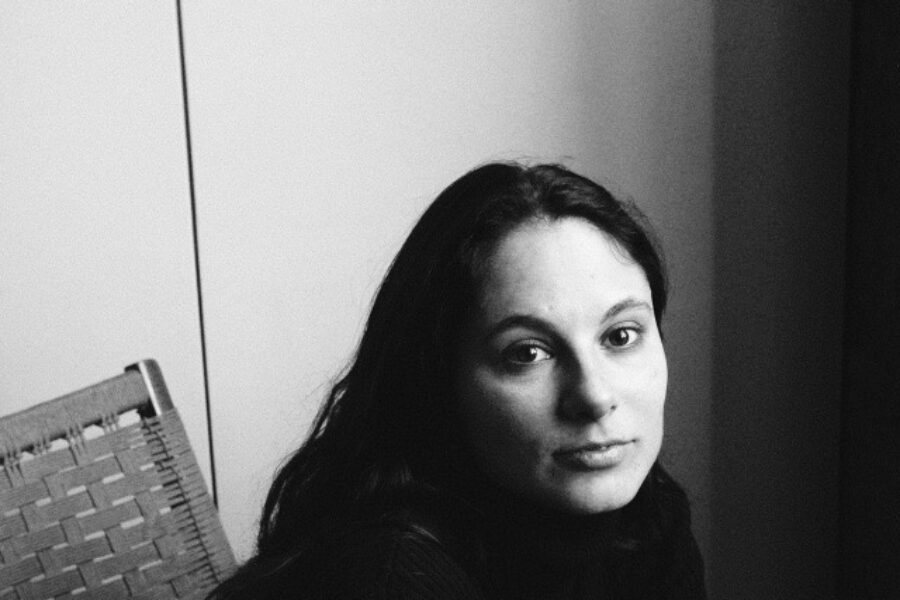
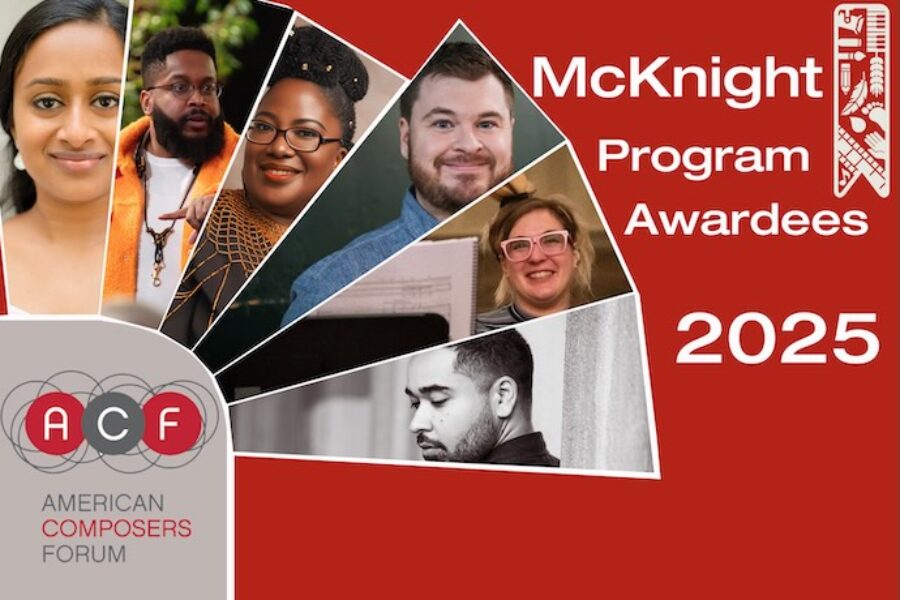
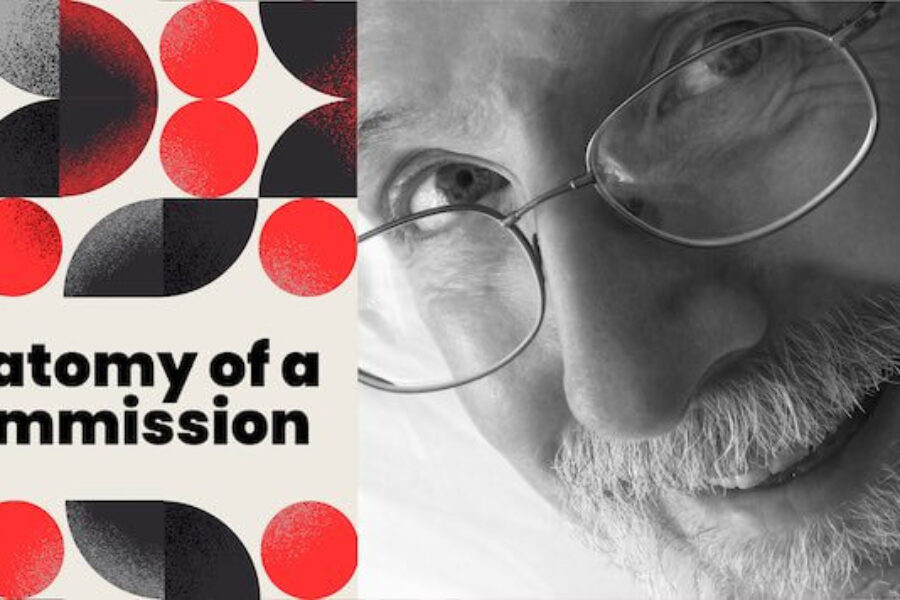
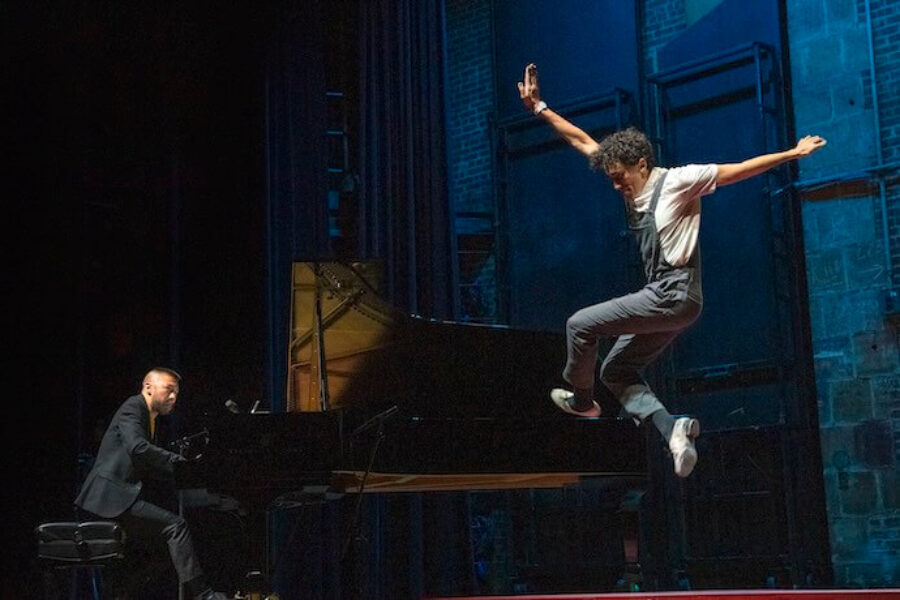
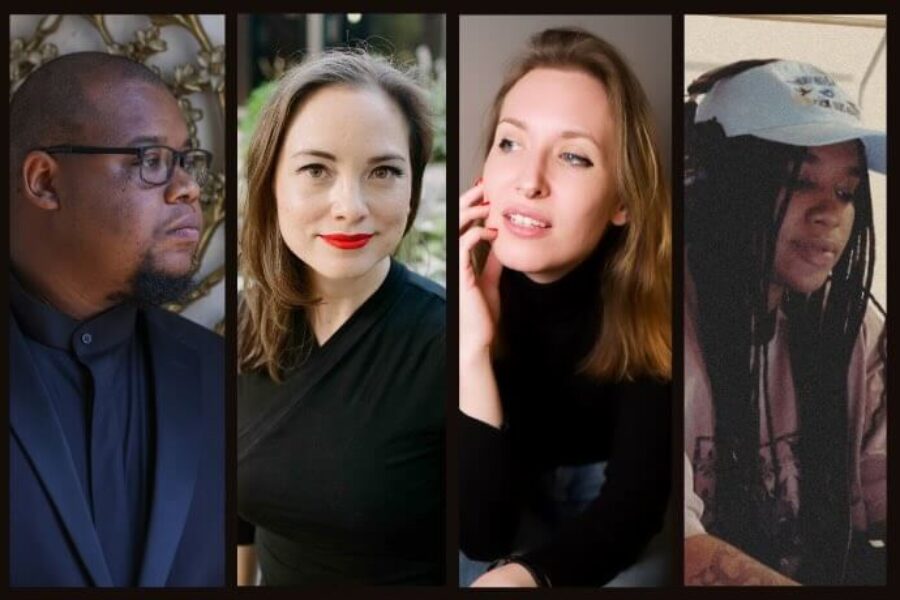
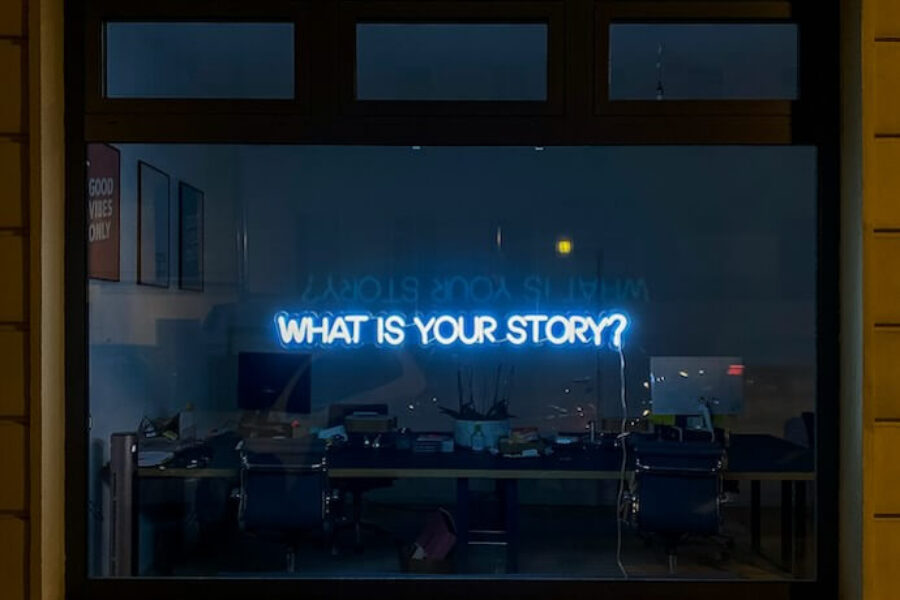
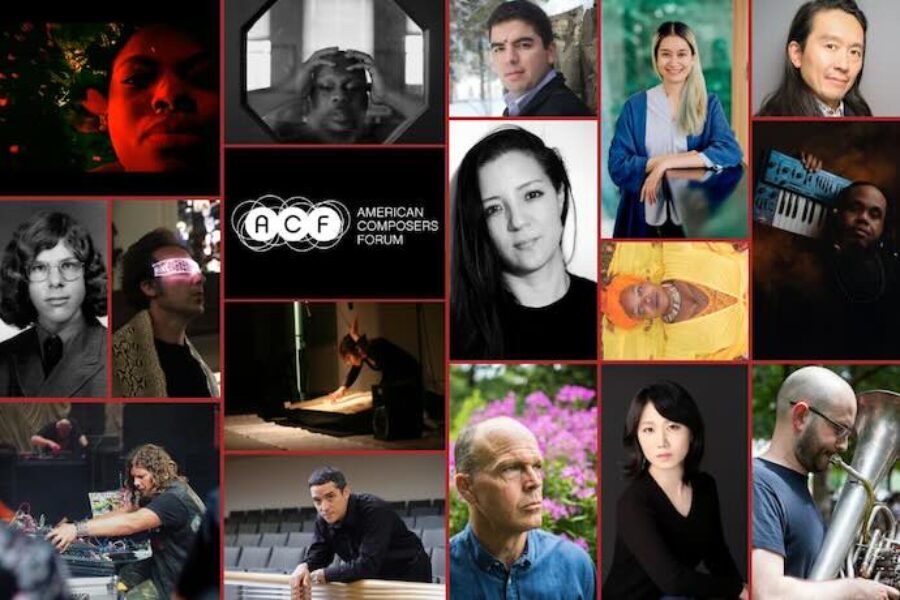
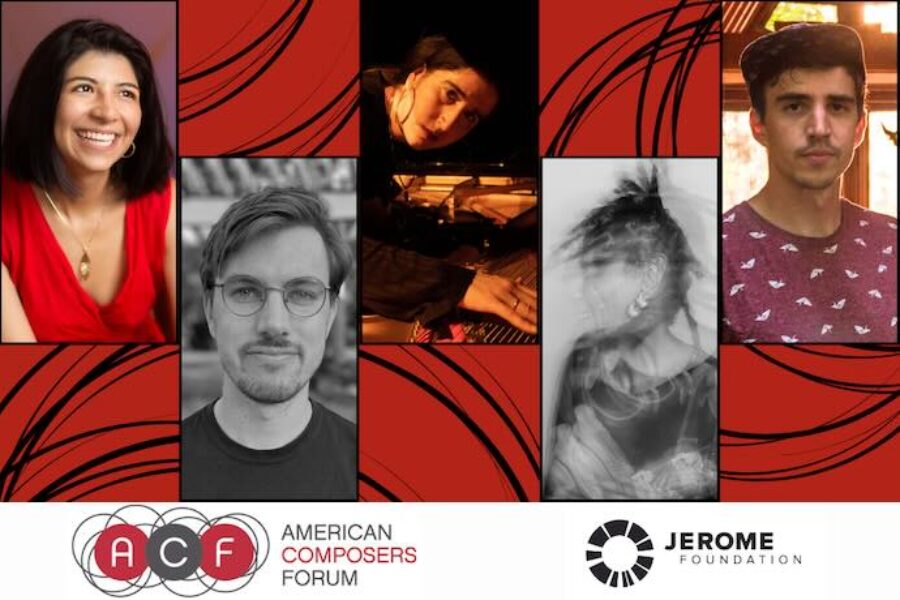

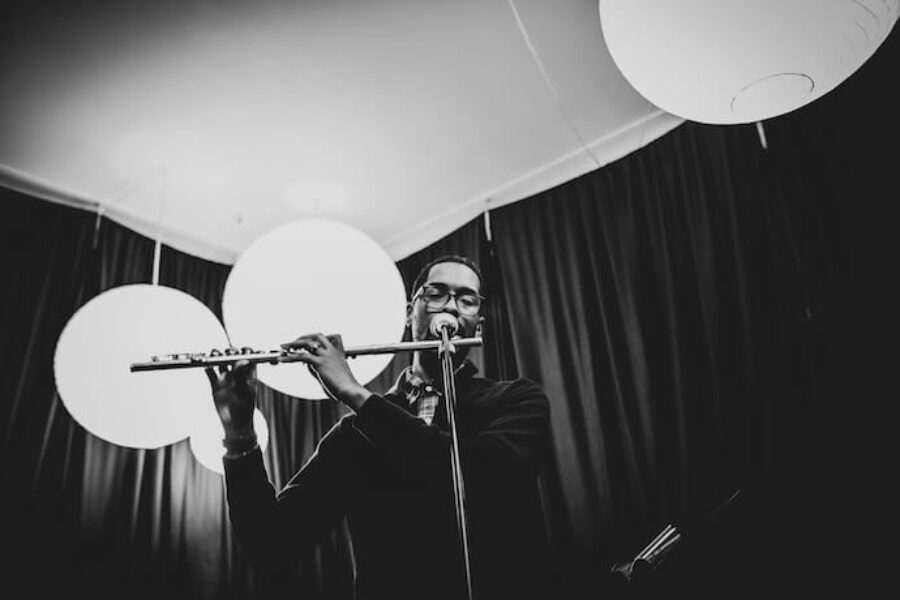
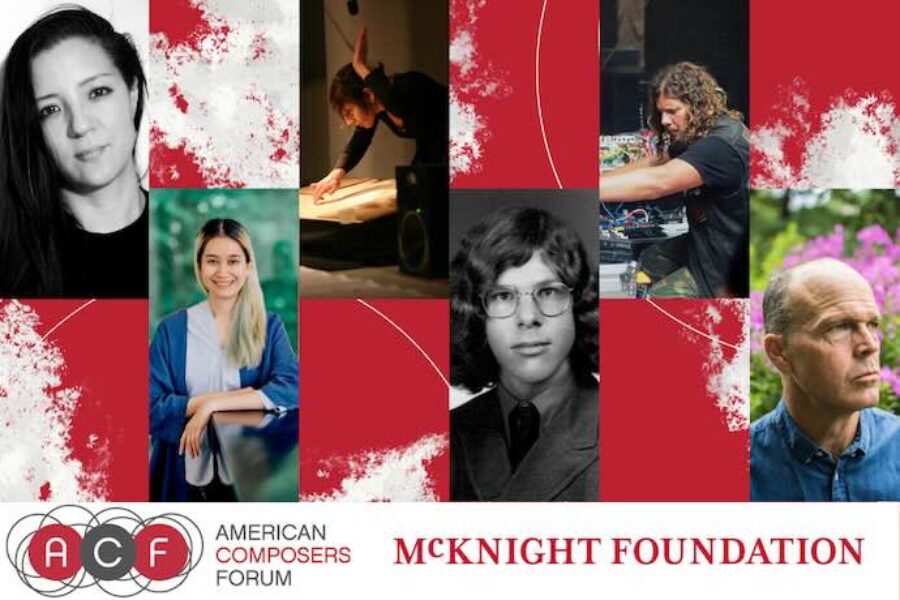
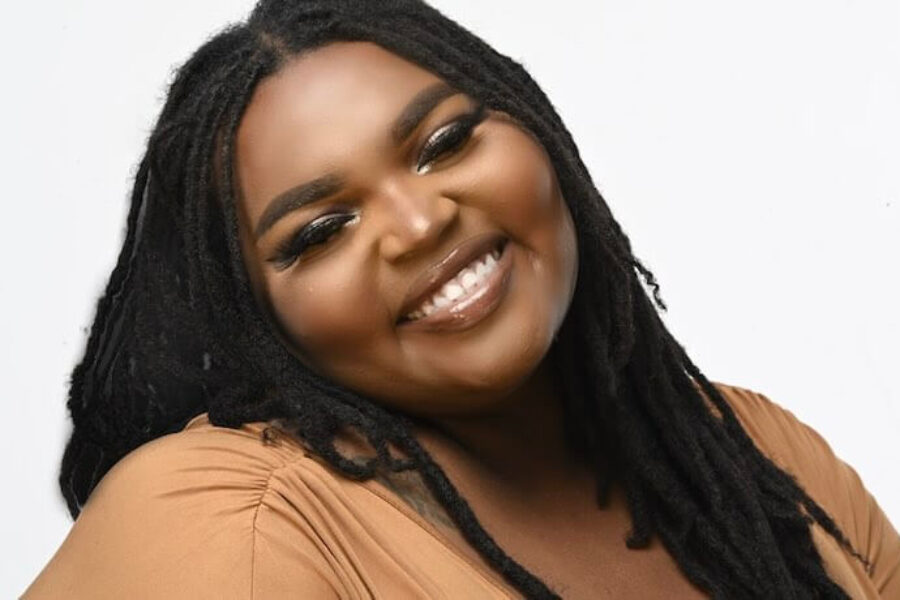
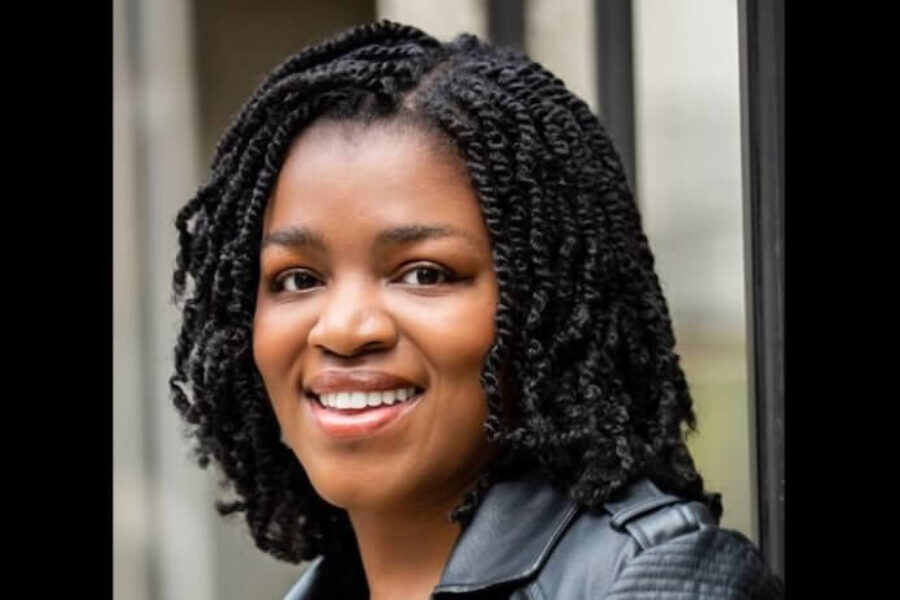

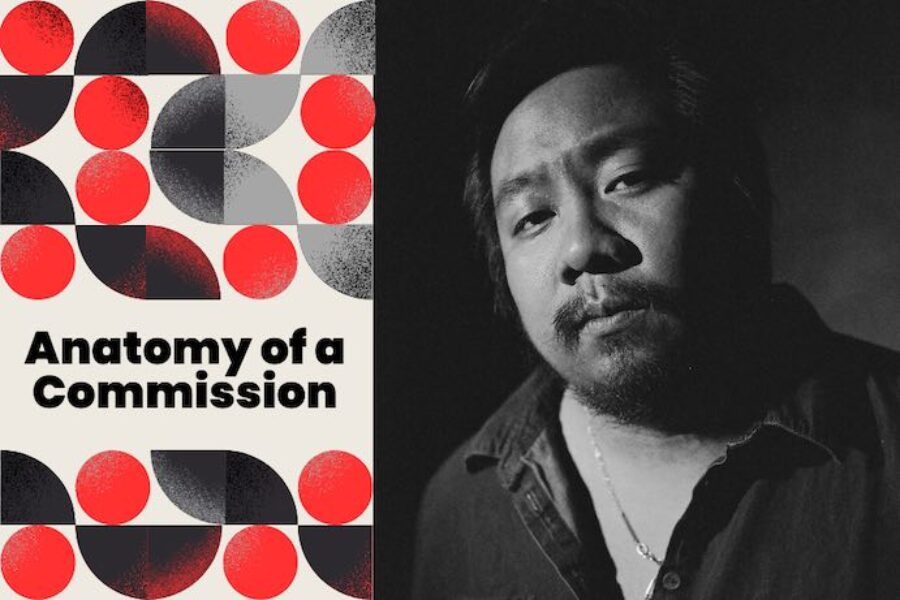
Anatomy of a Commission: Rethinking Composer-Ensemble Commissions from a Visual Artist Perspective
